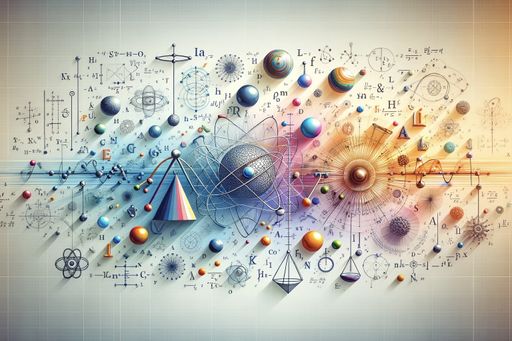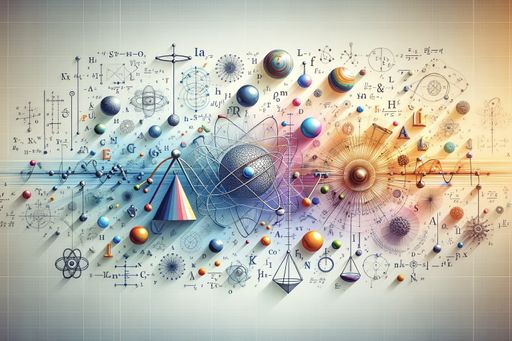Physics Feed - Page 12

Breaking Causality: The Revolutionary Power of Quantum Batteries
A new breakthrough in quantum battery technology challenges conventional notions of causality, paving the way for more efficient and versatile energy storage solutions.

What Was It Like When the First Stars Began to Shine?
The formation of the first stars in the Universe had profound effects and took tens of millions of years to occur.

Harvard Unveils Innovative Approach to High-Temperature Superconductors
Harvard researchers have made a breakthrough in superconductor technology by creating a high-temperature superconducting diode using cuprates, which could revolutionize quantum computing and the understanding of exotic materials.

Primordial Black Holes Could Be Hiding Inside Stars, Study Suggests
A new study proposes a wacky alternative explanation for the missing mass in the universe. Researchers suggest that countless primordial black holes could be hiding inside stars.

Defying Physics: “Forbidden” Emissions From a Spiral Galaxy
This article discusses the discovery of 'forbidden' emissions in a spiral galaxy and the implications it has on our understanding of quantum physics.

Physicists Discover Surprising Quantum-Like Behavior in Tiny Bouncing Droplets
Researchers have found that tiny droplets of oil exhibit behavior similar to quantum systems, challenging classical physics.

Physicist Discovers 'Paradox-Free' Time Travel Is Theoretically Possible
A physicist from the University of Queensland has proposed a theory that allows for time travel without paradoxes.

Quantum Breakthrough: Caltech Scientists Unveil New Way To Erase Quantum Computer Errors
Researchers from Caltech have developed a quantum eraser to correct “erasure” errors in quantum computing systems. This technique, which involves manipulating alkaline-earth neutral atoms in laser light “tweezers,” allows for the detection and correction of errors through fluorescence. The innovation leads to a tenfold improvement in entanglement rates in Rydberg neutral atom systems, representing a crucial step forward in making quantum computers more reliable and scalable.
